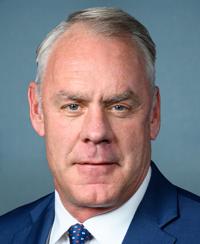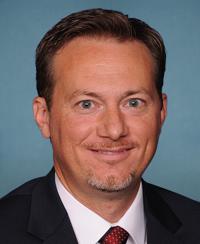0
Proposing a balanced budget amendment to the Constitution requiring that each agency and department's funding is justified.
12/15/2023, 3:52 PM
Summary of Bill HJRES 19
The goal of this amendment is to promote fiscal responsibility and accountability within the government. By requiring agencies and departments to justify their funding, Congress can better ensure that taxpayer money is being used effectively and that unnecessary spending is minimized.
Supporters of the Balanced Budget Amendment argue that it is necessary to prevent government overspending and to help reduce the national debt. They believe that by requiring agencies to justify their funding, Congress can better prioritize spending and make more informed decisions about where taxpayer dollars should be allocated. Opponents of the amendment, however, argue that it could lead to cuts in essential government programs and services. They worry that agencies and departments may struggle to justify their funding, leading to budget cuts that could harm important services for the American people. Overall, the Balanced Budget Amendment proposed in Bill 118 hjres 19 aims to promote fiscal responsibility and accountability within the government. It will require agencies and departments to justify their funding, helping Congress make more informed decisions about how taxpayer dollars are spent.
Congressional Summary of HJRES 19
This joint resolution proposes a constitutional amendment prohibiting total outlays for a fiscal year from exceeding total receipts for that fiscal year unless (1) Congress authorizes the excess by a three-fifths vote of each chamber, and (2) total outlays do not exceed a specified percentage of the estimated gross domestic product of the United States. The prohibition excludes outlays for repayment of debt principal and receipts derived from borrowing.
The amendment requires a three-fifths vote of each chamber of Congress to increase revenue or increase the limit on the debt of the United States.
The amendment also requires the President to submit an annual budget in which total outlays do not exceed total receipts. The President's budget must also include justifications and specified details regarding funding proposed for departments and agencies.
Congress may waive the requirements due to a declaration of war, a military conflict, an event that causes an imminent and serious military threat to national security, or a natural disaster.




